
Propequity data highlights a stark supply-demand mismatch in GIFT City's residential sector, with 67% of units unsold despite total supply hitting 3,168. Prices have doubled since 2020, but high inventory questions sustainability, unlike the booming commercial market.

A Cushman & Wakefield report reveals Gurgaon dominated NCR's real estate in Q3 2025, capturing 87% of new housing units. With 8,913 launches out of 10,245, areas like New Gurgaon and Dwarka Expressway shone due to better connectivity and investment potential. This surge highlights the region's growing appeal for homebuyers and investors alike.
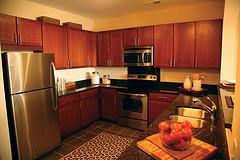
India's residential market nearing price correction due to weak home sales, forcing builders to cut prices, reports CBRE, with Mumbai, Chennai, Hyderabad, and Delhi experiencing significant sales drops.
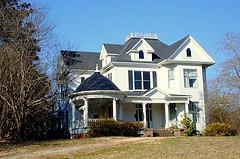
NAREDCO urges the government to grant infrastructure status to the entire housing sector to gain tax benefits and stimulate housing demand.
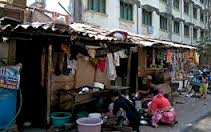
Continued population growth in India creates a pressing need for additional housing, with major cities demanding over 2.1 million new units by 2016.
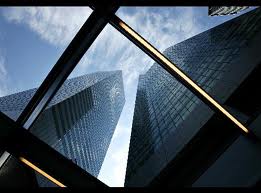
India's booming service sector fuels demand for commercial real estate, particularly in major cities. Despite economic slowdowns, IT, BFSI, and other service industries show strong growth, driving office space absorption to new heights.

Mumbai's commercial real estate market faces a significant downturn, with a 68% drop in demand. Experts predict an interesting year ahead for the sector despite challenges.

Commercial real estate demand surges as recession ends, with 9.2 million sq ft leased in three months, up from 5.8 million sq ft in 2009.
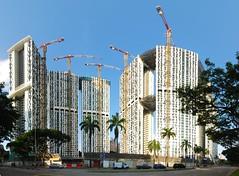
Indian developers prioritize feasibility studies and strategic alliances to avoid repeating 2009 real estate downturn. Focus on buyer-oriented projects rather than speculative ventures.

Residential real estate prices have increased by 10% in three months as market sentiment and transactions improve. Prices were initially cut by 30% to combat decreased demand.

Indian residential property market shows signs of recovery with increased sales and prices during the festive season.

Global retail slowdown hits high-street rentals, Mumbai worst affected with 63.5% decline
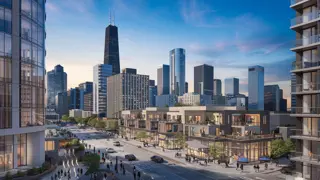
Cushman & Wakefield partners with Technopak to enhance retail services, combining expertise for a dominant market share.
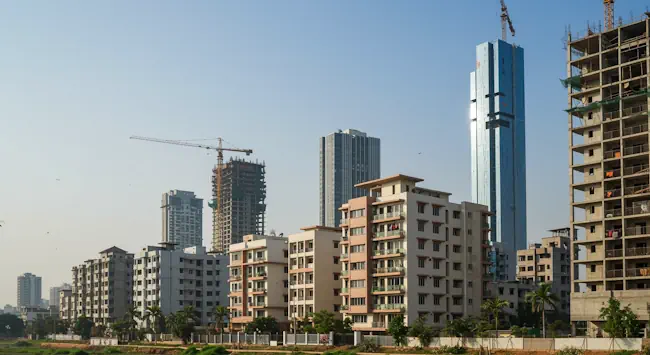
The Indian real estate sector has seen a significant slowdown, with sales dropping 30%-40% as inflation and liquidity issues strain the market.

Rising property prices and interest rates have led to reduced affordability in residential properties, prompting developers to introduce various incentives and innovative schemes to boost sales.
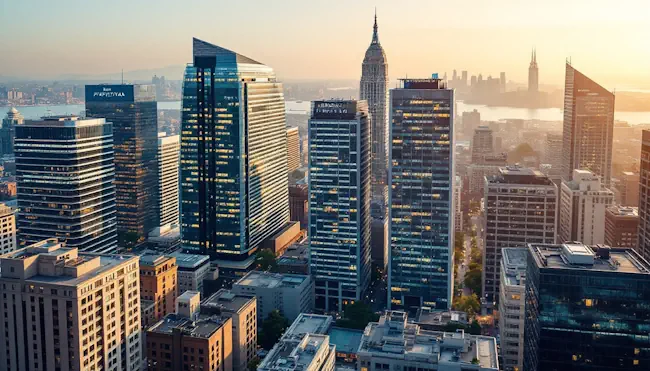
India's warehousing sector is projected to grow at 35-40% annually, potentially reaching a $55 billion industry with significant logistics expansion in three years.

Indian hoteliers are importing built-up rooms and fittings from China to offset rising construction costs, which have surged nearly 40%, thus saving time and expenses.

Mumbai is the top choice for logistics and warehousing investment, attracting $200 million. Smaller cities like Nagpur, Gurgaon, and Visakhapatnam are also emerging as promising logistics hubs.

India's logistics sector is projected to boom, reaching $385 billion by 2015. 110 logistics parks are expected by 2012, boosting industrial activity and real estate in tier-2 and tier-3 cities.